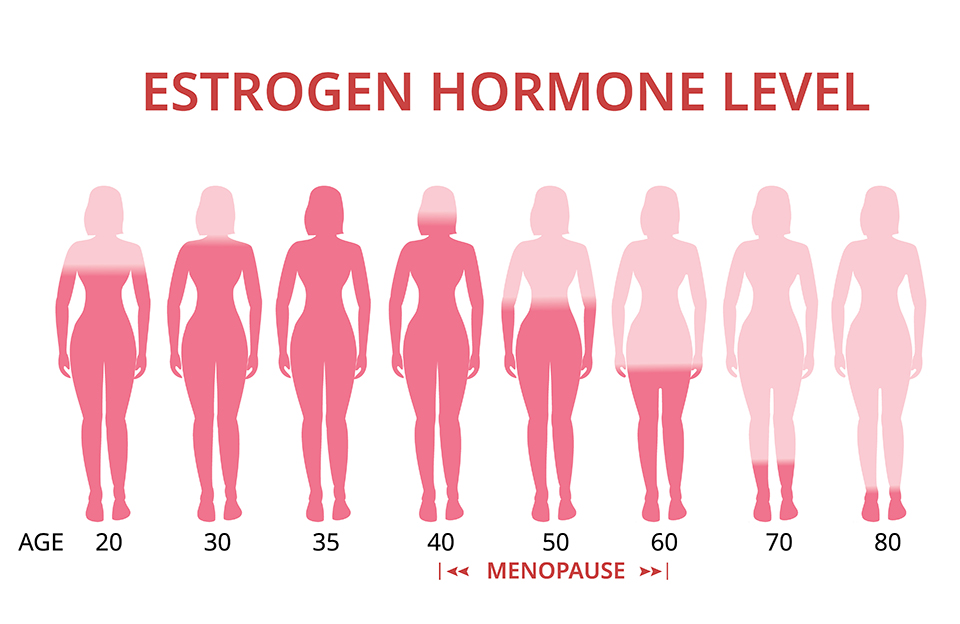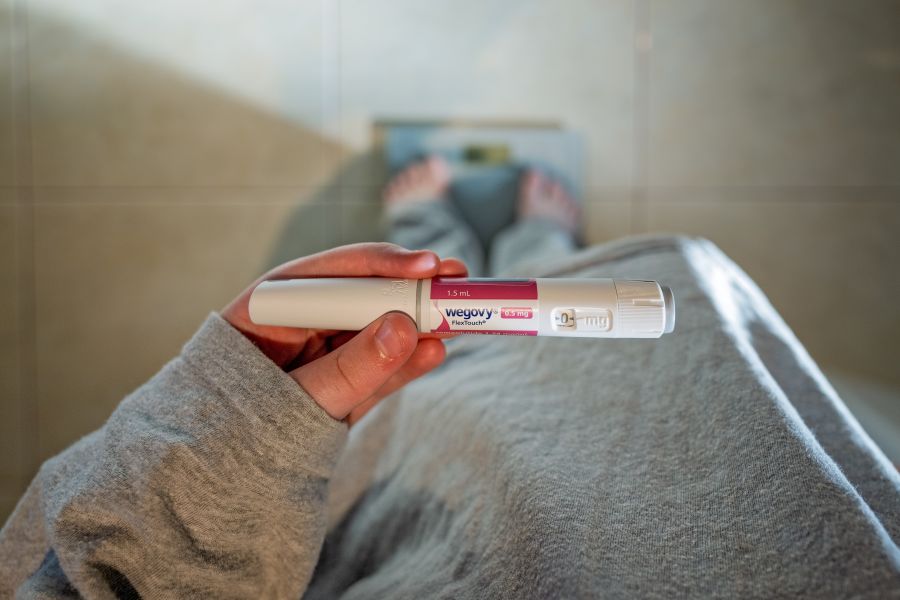
Mastering Menopause: Powerful Guide to Effective Hormone Therapy (2025)
Menopause is a natural phase in every woman’s life, but the journey through it doesn’t have to be uncomfortable. Advances in hormone therapy have transformed menopause management, providing life-changing relief. This comprehensive, SEO-optimized guide reveals powerful, evidence-based strategies and expert tips to navigate menopause effectively with hormone therapy.
Understanding Menopause: Your Body’s New Chapter
Menopause marks the end of menstruation, typically occurring between ages 45 and 55, when a woman’s ovaries significantly reduce hormone production, especially estrogen and progesterone. This hormonal shift leads to various symptoms like hot flashes, mood swings, insomnia, weight gain, and reduced bone density. Knowing your options can dramatically improve your quality of life.
The Power of Hormone Replacement Therapy (HRT)
Hormone Replacement Therapy remains the gold standard for treating menopausal symptoms. It effectively replenishes declining hormone levels, significantly alleviating symptoms and enhancing overall well-being.
Key Benefits of HRT:
- Dramatic relief from hot flashes and night sweats
- Improved sleep quality
- Enhanced mood and mental clarity
- Strengthened bone density, reducing osteoporosis risk
- Increased sexual comfort and libido
Types of Hormone Therapy: Choosing What’s Right for You
- Estrogen Therapy (ET): Primarily prescribed to women who’ve had a hysterectomy. It effectively addresses menopausal symptoms by replenishing estrogen levels.
- Popular Pharmaceutical Options: Estrace (estradiol), Premarin (conjugated estrogens), Climara (transdermal patch), Vivelle-Dot (transdermal patch)
- Pros: Highly effective for symptom relief, protects against bone loss
- Cons: May increase risks of blood clots, stroke, and certain cancers if used long-term
- Estrogen-Progesterone Therapy (EPT): Ideal for women with an intact uterus, as progesterone protects against uterine cancer risks posed by estrogen alone.
- Popular Pharmaceutical Options: Prempro (conjugated estrogens/medroxyprogesterone), Combipatch (estradiol/norethindrone acetate), Activella (estradiol/norethindrone acetate)
- Pros: Comprehensive relief for menopausal symptoms, uterine protection
- Cons: Slightly higher risk profile, including increased risks of breast cancer, blood clots, and cardiovascular issues
- Bioidentical Hormones: Molecularly identical to your body’s hormones, bioidenticals can be custom-compounded or commercially prepared. Many women prefer these for their personalized and perceived natural approach.
- Popular Pharmaceutical Options: Prometrium (micronized progesterone), Estrace (bioidentical estradiol), compounded creams or gels
- Pros: Personalized dosing, perceived as more natural, fewer side effects for some women
- Cons: Compounded forms are less regulated, may lack consistent dosage, limited large-scale studies confirming long-term safety

How to Start Hormone Therapy: Proven Steps for Success
1. Find the Right Healthcare Provider:
Seek out specialists experienced in menopause management, including endocrinologists, gynecologists, or certified menopause practitioners. Open communication is critical to tailoring therapy effectively.
2. Comprehensive Health Evaluation:
A detailed medical history, physical examination, and appropriate screening tests (mammogram, bone density scans, and blood tests) help customize your therapy safely.
3. Personalized Treatment Plan:
Work closely with your provider to determine the ideal hormone type, dosage, and delivery method (oral pills, patches, gels, creams, or vaginal inserts).
4. Regular Follow-ups and Adjustments:
Periodic check-ups ensure your therapy remains effective and safe, allowing adjustments based on your evolving needs.
Top Tips to Enhance Hormone Therapy Benefits
- Balanced Diet: Incorporate calcium-rich foods and vitamin D to protect bones. Add healthy fats (avocado, nuts) and proteins to support hormone production.
- Regular Exercise: Aim for at least 150 minutes weekly, combining strength training, aerobic activities, and flexibility exercises to maintain weight and bone health.
- Stress Management: Practices such as yoga, meditation, and mindfulness can significantly reduce menopause-related stress and anxiety.
- Sleep Hygiene: Prioritize consistent sleep schedules and create calming bedtime routines to enhance sleep quality during menopause.
Frequently Asked Questions About Hormone Therapy
Q: Is hormone therapy safe?
A: Modern HRT is considered safe for most healthy women under 60 or within ten years of menopause onset, but individual risks vary. Always consult a healthcare provider.
Q: Can hormone therapy cause weight gain?
A: Contrary to popular belief, hormone therapy typically helps manage weight gain rather than causing it, especially when combined with healthy lifestyle choices.
Q: How long should I stay on hormone therapy?
A: Duration varies by individual. Short-term therapy (3-5 years) is common for symptom relief, but some women benefit from longer treatments. Regular evaluations are essential.
Risks and Considerations: Making an Informed Decision
While hormone therapy offers substantial relief, understanding potential risks is crucial. Some women may experience increased risks of blood clots, breast cancer, heart disease, and stroke, particularly with long-term use. Comprehensive evaluation and ongoing monitoring reduce these risks significantly.
Exploring Natural and Alternative Therapies
For those hesitant about hormone therapy, various alternative methods can help manage symptoms:
- Herbal Supplements: Black cohosh, evening primrose oil, and red clover may alleviate symptoms. Always discuss these with your healthcare provider to ensure safety and compatibility with other treatments.
- Acupuncture and Eastern Medicine: Traditional Chinese Medicine practices, such as acupuncture, have demonstrated benefits in reducing hot flashes, insomnia, and mood disturbances.
- Phytoestrogens: Found naturally in soy products, flaxseeds, and lentils, phytoestrogens can gently mimic estrogen’s effects in the body, helping mitigate symptoms for some women.
Future Innovations: What’s Next in Menopause Treatment?
Exciting advancements in menopause therapy include personalized hormonal treatments based on genetic profiling and non-hormonal pharmaceuticals targeting specific symptoms. Emerging technologies, such as wearable devices for symptom tracking, offer enhanced precision in personalized menopause management.
Practical Resources and Helpful Links
- North American Menopause Society (NAMS): https://www.menopause.org
- FDA Hormone Therapy Information: https://www.fda.gov/hormone-therapy
- American College of Obstetricians and Gynecologists (ACOG): https://www.acog.org
Final Thoughts: Empowering Your Menopause Journey
Mastering menopause with hormone therapy can dramatically improve your quality of life. By choosing evidence-based treatments, maintaining a healthy lifestyle, and partnering with a trusted healthcare provider, you can transition smoothly through menopause. Empower yourself with knowledge, take proactive steps, and embrace this new, vibrant chapter of your life with confidence.

This article reviewed by Dr. Jim Liu, MD.
There’s nothing more important than our good health – that’s our principal capital asset.
#medical #telehealth #umedoc #menopause #hormone replacement













